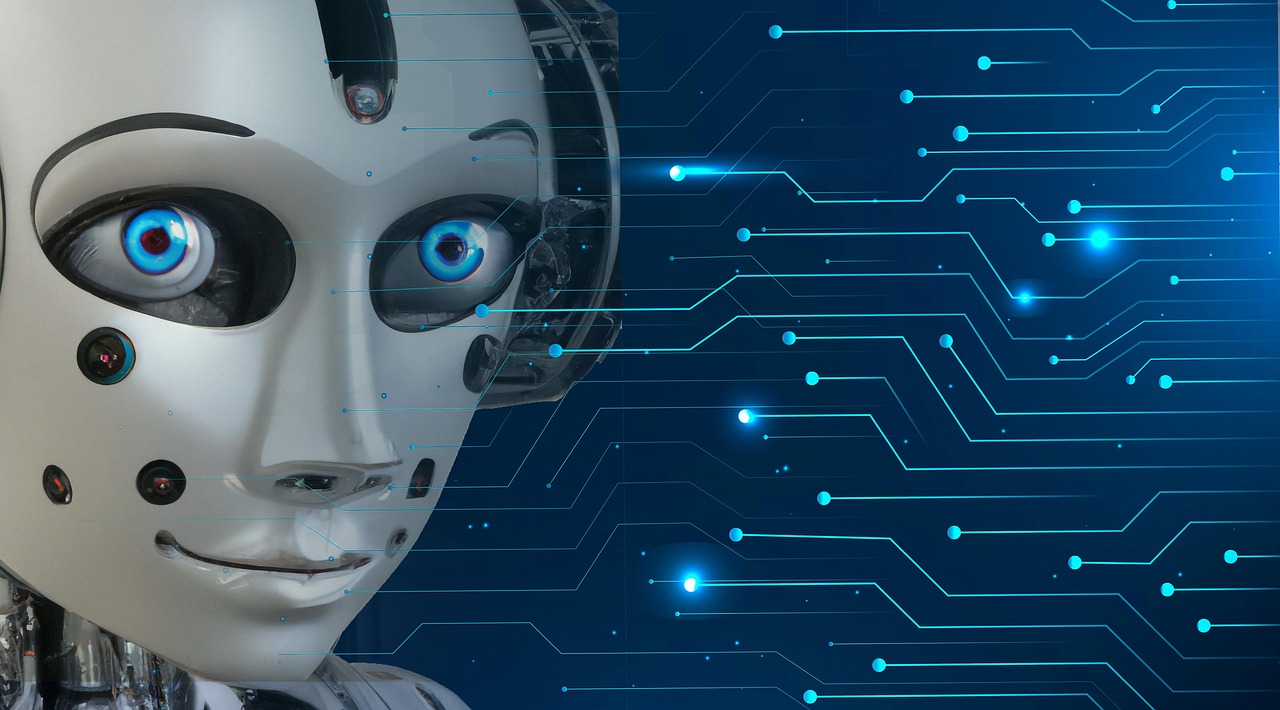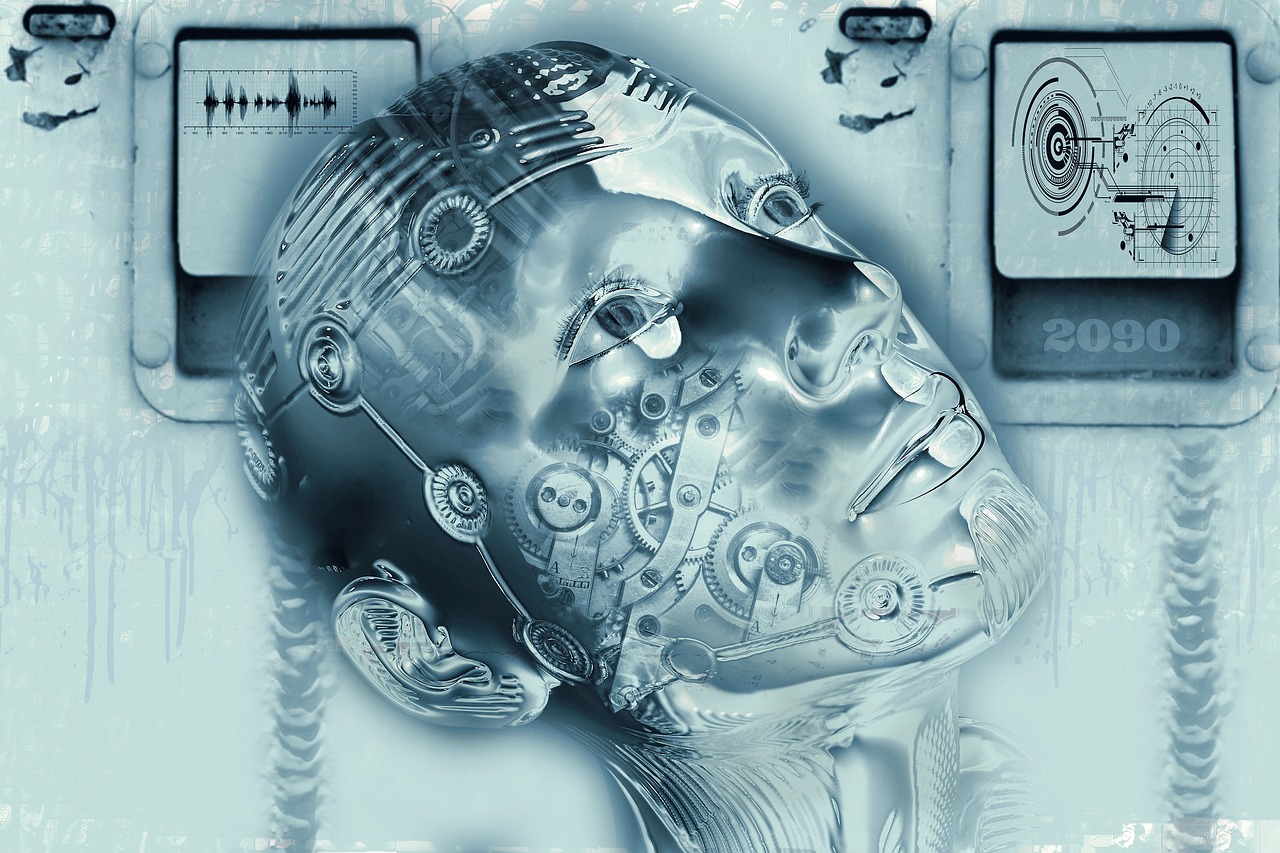
AI Bias Detectives: Unmasking Algorithmic Discrimination
The promise of Artificial Intelligence lies in its ability to automate complex tasks, analyze vast datasets, and make data-driven decisions, often with superhuman speed and accuracy. However, this promise is threatened by a critical challenge: AI bias. These biases, embedded within algorithms, can perpetuate and amplify existing societal inequalities, leading to unfair or discriminatory outcomes. Understanding, detecting, and mitigating AI bias is paramount to building trustworthy and equitable AI systems that benefit everyone.
Understanding AI Bias: A Deep Dive
AI bias refers to systematic and repeatable errors in AI systems that create unfair outcomes for specific groups of people. These biases often stem from the data used to train these systems, the algorithms themselves, or the way th...



